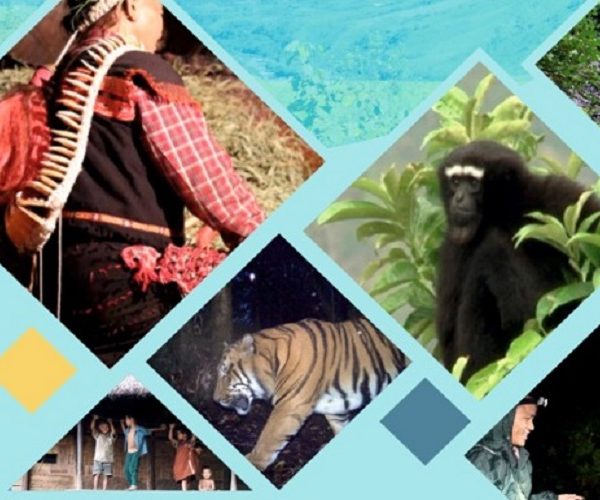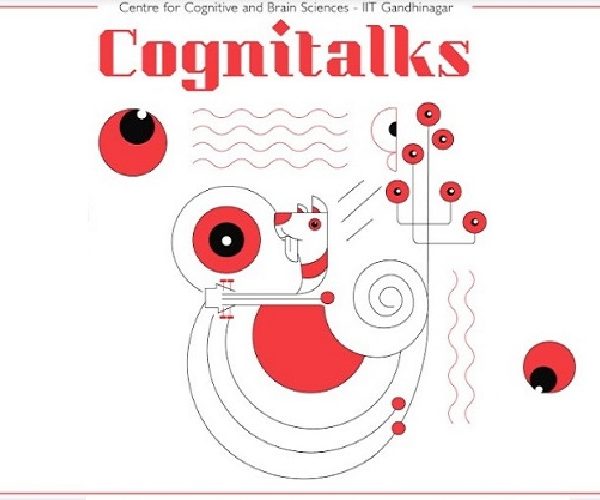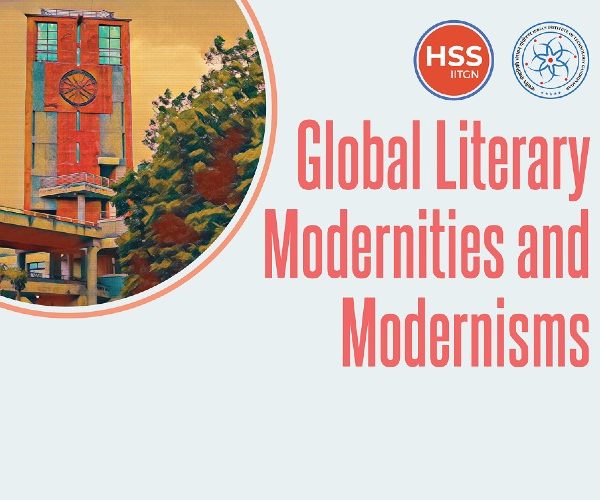Time
Description
There has been an increase in the number of researchers, NGOs, university students and scholars from research institutions visiting the borderlands of Arunachal Pradesh, particularly to study biodiversity, human-wildlife relations and tiger ecology. Field researchers visiting remote areas often take help from the local community and the local support comes from school teachers, village headmen, local NGOs, local government officials, and individual host families. Young men and women from the local community participate in research projects as porters, guides, translators and interlocutors, and field assistants and their inputs significantly shape research projects. It is impossible to carry out any ecological and social surveys, interviews and discussions without their tireless support and engagement of the local communities. Contributions from the local community often lie buried as acknowledgments in the PhD theses, books, reports and scientific papers. The scholarly articles that come out of these researches are always written and presented for the audience at national and international forums, and for English speaking readers (policy makers, scientific community and for general audience living in the metros). Ironically, such research is hardly or never written or presented for and sometimes, not even shared with the local community members.
This seminar aims to create a platform for researchers (biologists, anthropologists and other social scientists) working in Dibang Valley district of Arunachal Pradesh to share their research with the residents of the district, members of the Idu Mishmi community. Scholars who have carried out research on various socio-ecological aspects of Dibang Valley are invited to present their research for the Idu Mishmis of Dibang Valley.



